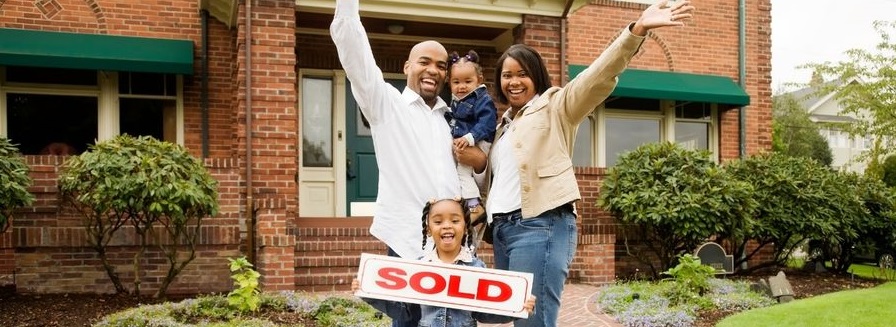
As interest rates rise, the cost to obtain a mortgage increases, thus lowering demand and prices of real estate.
Neighbourhood is more than a sense of community, it's also a major factor to the overall value of your home. The quality of the schools and daycares in your area, the employment rates and opportunities, and the proximity to shopping and recreational centers.Crime rates are also a factor that could affect the value of your home. A house's proximity to highways, utility lines, grocery stores and public transit can all impact a home’s overall value. When it comes to the value of your home, location can be more important than even the size and condition of the house. More often than not, homes similar to yours in the same neighbourhood can determine your home’s value, especially if they were sold recently, the more recent the better. However, a home's list price doesn't always accurately reflect its value—especially in a hot housing market, to get a more accurate understanding on the value of your home, a real estate agent is best equipped to help list your home accordingly. The neighborhood can also hurt a home's value if, for instance, it's close to an airport or a busy thoroughfare.
Size is an important element, since a home is roughly estimated in price per square foot and how much of that space is considered 'liveable.' Bedrooms and bathrooms are most highly valued, so the more beds and baths your home offers, the more your home is generally worth, and these trends are considered locally specific. The convenience of having available parking contributes to the property layout that will help price your home as well. Age could bring down a home's value, especially if the home needs work, such as a new roof, new windows, or outdated interior. These older homes are usually considered 'fixer uppers.' Some fixer-uppers on large properties make up the desired value by being sold for the land. Depending on the buyer, a big backyard may be more valuable than an extra bedroom.
The yard and landscaping are the most common projects homeowners tackle when they decide to start upgrading their home. Bathrooms are a close second, the kitchen comes third and bedroom is last as of statistics taken in 2021. Before beginning any home renovations, check local building code requirements to ensure safety measures or hire a contractor. Homes that are newer appraise at a higher value mainly because very little - if anything - within the home will need to be replaced by the buyer. Many buyers will willingly enter a bidding war for a move-in-ready home. This is why most buyers ask for an inspection contingency in their contract.
When supply is low, home prices tend to go up—especially if there's a surge of buyers. But the market often fluctuates between benefitting buyers and sellers, so mortgage rates play a big role in determining the price of a house. Every property is unique, and many different factors can influence a home's value.
Want to know more about what your home could be worth in today's real estate market? Contact us today and let us guide you through listing your home at the right place.


